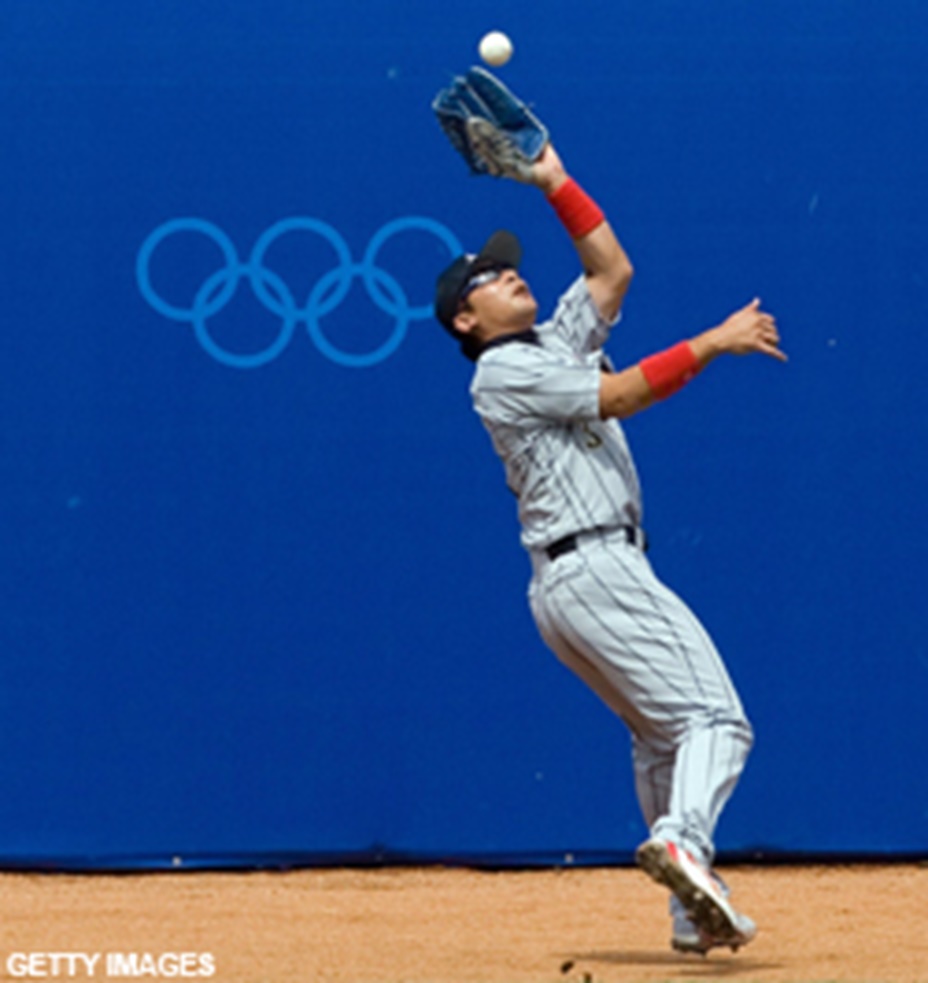The IOC yesterday enacted "some of the biggest changes to how the Games are presented since the bribery scandal that followed the awarding" of the '02 Winter Olympics to Salt Lake City, according to Matthew Futterman of the WALL STREET JOURNAL. The IOC "voted to allow bid groups to propose hosting certain sports in different cities and even different countries to prevent the construction of white-elephant facilities that never get used when the Games end." The IOC "also incorporated sexual orientation into its antidiscrimination rules and ended the strict limit of 28 sports to the Summer Games program, a rule that almost knocked wrestling off the schedule last year." Host cities "will even be able to add two or three sports to the schedule if they are particularly popular in their region and the IOC approves." That "could open the door for baseball and softball returning to the Olympics" in Tokyo in '20. The Summer Games "will now be limited to roughly 10,500 athletes and 310 medal events," while the Winter Games "will be capped at 2,900 athletes and roughly 100 events." There were 98 events in Sochi. The changes "won’t make it any easier" for the U.S. "to win hosting rights for a future Olympics." USOC Chair Larry Probst acknowledged that the "flexibility might deepen the pool of potential bidders" (WALL STREET JOURNAL, 12/9).
5-RING TV: In Chicago, Philip Hersh reported the IOC will go ahead with an Olympic Channel, "hoping to get it up-and-running" by the end of next year "in an online format only at first." It "will focus on historical footage, recreational and competitive sports training tips and features, with no immediate plan for any live competition." The channel will cost $600M over its first seven years and "take at least 7-to-10 years to have a shot at breaking even." The funding "will come from several sources," with the IOC contributing $214M and "nearly all the rest from TV and sponsorship revenue the IOC distributes to national Olympic Committees and international sports federations" (
CHICAGOTRIBUNE.com, 12/8). The AP's Stephen Wilson reported the channel "will feature material from the IOC's archives, transmit some international sports competitions and offer a promotional platform for bid cities." The IOC said that the channel "will be run by the Madrid-based Olympic Broadcasting Services," with the goal of "breaking even in the first decade" (
AP, 12/8).
WIN SOME, LUGE SOME: In N.Y., Juliet Macur writes Olympic officials' "newest quandary is Pyeongchang, South Korea," which was awarded the '18 Winter Games but "does not have a facility to hold the luge, bobsled and skeleton events -- or a particularly strong interest in building one." There "is talk" in light of the reforms that the Pyeongchang Games "will back out of their commitment to host every Winter Olympics event and that they will send the sliding sports to Japan, the United States, Canada or Europe." Macur: "Didn't anyone think about this problem earlier?" The IOC "overwhelmingly chose Pyeongchang over two cities that are relative hotbeds for winter sports: Munich and Annecy, France." Sending the sliding events "into another time zone ... seems a bit harsh for the athletes who will compete in them" (N.Y. TIMES, 12/9). U.S. Bobsled & Skeleton Federation CEO Darrin Steele said while he prefers the events be held in Pyeongchang, "we will roll with whatever we have to roll with" (CHICAGOTRIBUNE.com, 12/8).
WAIT & SEE: The CHICAGO TRIBUNE's Hersh notes IOC President Thomas Bach "received unanimous approval on all 40 recommendations of Agenda 2020, the reform proposals created to reshape parts of the Olympics." The "essence of what he and his colleagues rubber-stamped in barely seven hours was flexibility." The "practical application, implementation and impact of all of this is yet to be determined." It could yet "be a lot of ado over little" (CHICAGO TRIBUNE, 12/9).




